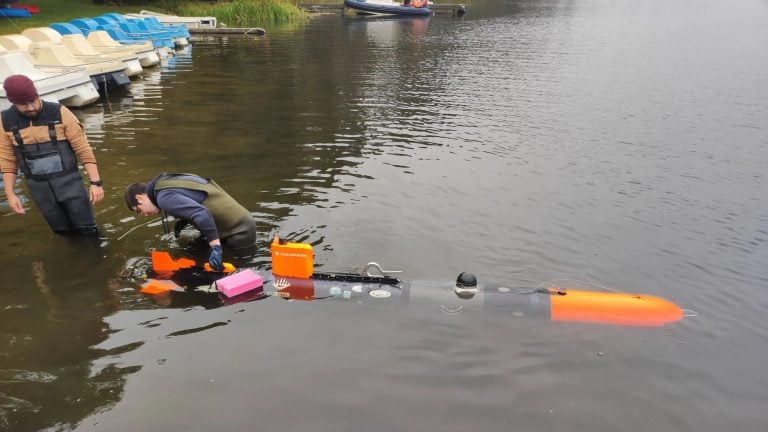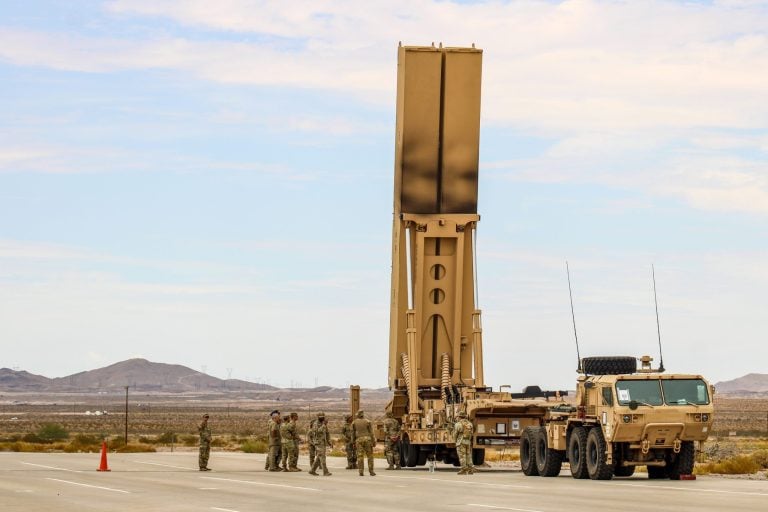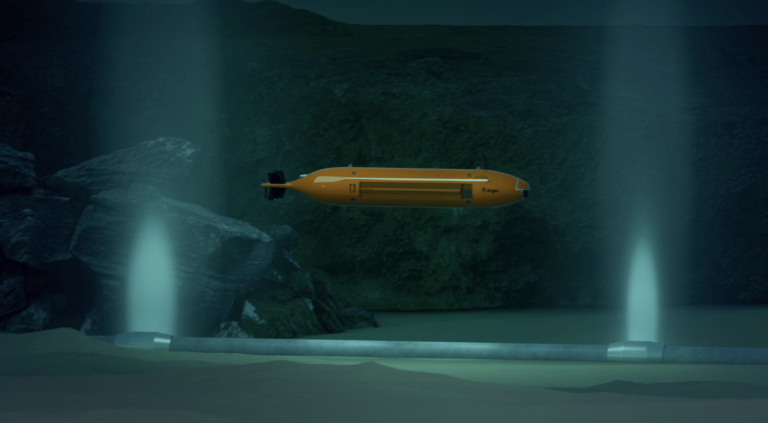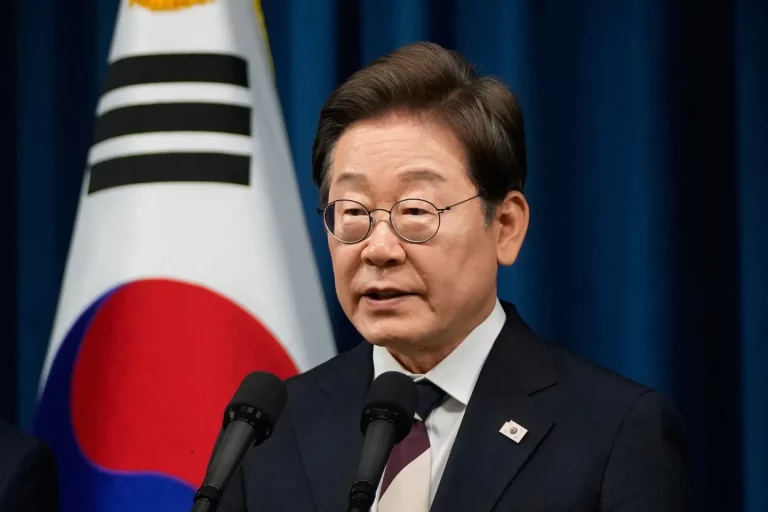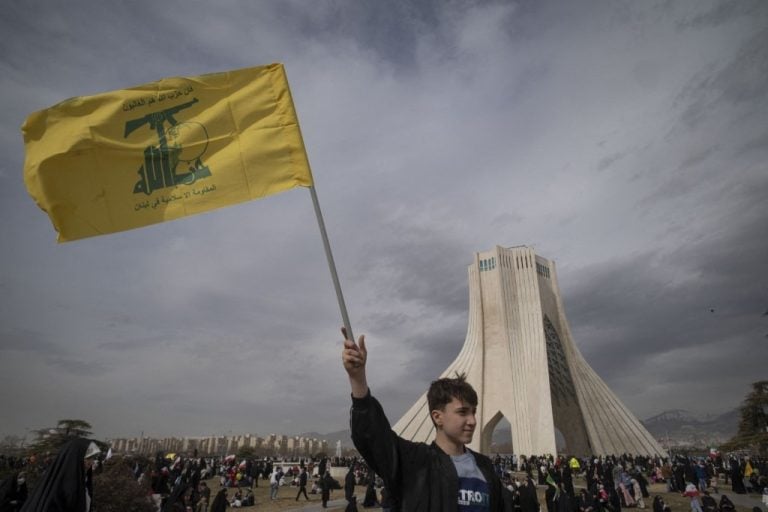Many residents of Western Sahara are expressing optimism about Morocco’s long-awaited autonomy plan for the region, especially after the recent endorsement from the UN Security Council. This endorsement has raised hopes that the plan could not only accelerate development but also resolve the long-standing territorial dispute that has persisted for decades.
Laayoune, the primary city in the territory, showcases a blend of modernity and traditional life, featuring contemporary apartment complexes nestled among the shifting sand dunes, just 20 kilometers from the Atlantic Ocean. With a population of around 250,000, Laayoune is both a symbol of growth and a geographical focal point in a broader conflict between Morocco and the Polisario Front, an independence-seeking group backed by Algeria that advocates for the rights of the predominantly Sahrawi tribes.
The cafes and restaurants in Laayoune are bustling, with residents displaying Moroccan flags and images of King Mohammed VI in their homes and businesses. Many tribal leaders have publicly supported Rabat’s autonomy proposal. Abdallah Salhi, one of the leaders, emphasized that the plan would enable locals to harness their resources and foster a governmental structure that includes elected officials and a functional parliament.
Despite being categorized as a non-self-governing territory by the UN, recent developments suggest a shift in perspective with the Security Council positioning Morocco’s autonomy plan as a potential path towards resolving the decades-long disagreement. The Western Sahara issue is deeply rooted in Morocco’s national identity and remains a point of contention with Algeria.
The historical backdrop reveals that after Spain’s withdrawal in 1975, both Morocco and the Polisario Front laid claim to Western Sahara, resulting in violent confrontations and the displacement of tens of thousands of Sahrawis who sought refuge in camps in Algeria. Tribal chief Abdelatif Baira highlighted the human cost of this separation, expressing the hope that the autonomy plan would facilitate the reunion of families geographically fragmented by conflict.
Baira recounted how, upon Spain’s exit, the territory lacked basic infrastructure. “Today everything has changed,” he noted, pointing to the hospitals, universities, and roads constructed by Morocco in the ensuing years. The region is also economically significant due to its abundant mineral resources, especially phosphates and rich fishing areas, contributing to a growing population now estimated at over 600,000.
The recent endorsement of Morocco’s plan was part of discussions spearheaded by the U.S. administration, which suggested that genuine autonomy might offer a viable resolution. However, the Polisario Front continues to advocate for a UN-sanctioned referendum on self-determination, a pledge that has been pending since a 1991 ceasefire.
The economic implications of the autonomy proposal are already being felt. Moulay Ibrahim Taleb Ali, who operates a cooperative dedicated to traditional crafts, welcomed the prospect of increased investment that might result from the new framework. He emphasized the opportunity for economic stimulation, something that has been stifled by the region’s protracted disputes.
Female residents also anticipate benefits from the autonomy plan. Hanane Khadiri, a theater company director, noted that the newfound autonomy could offer women greater financial independence and opportunities for growth within traditional industries. Despite Laayoune’s current stability and development, there’s a sense of cautious optimism that further advancements may unfold.
Nevertheless, some voices express concerns regarding potential restrictions under the autonomy arrangement. Ajwad, an entrepreneur from Meknes who requested anonymity, indicated that the prospect of more structured governance might lead to limitations on individual freedoms. He raised concerns about rivalry and competition within local governance structures that could emerge under the new system.
As he reflected on his experiences since moving to Laayoune in 2005, Ajwad acknowledged the looming changes in taxation and local governance. “We are preparing for taxation soon,” he admitted, signaling an end to the current state of informal economic operations.
The unfolding situation in Western Sahara continues to evolve as residents grapple with the dual hopes of development and self-determination against a backdrop of complex political dynamics.

